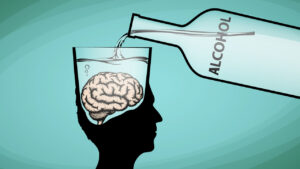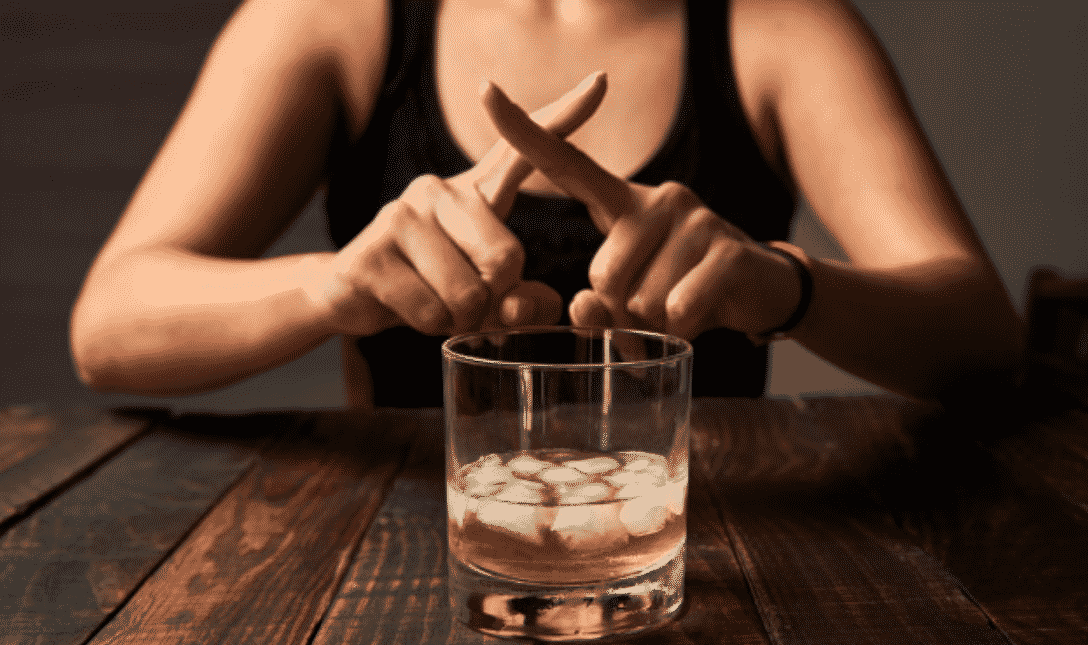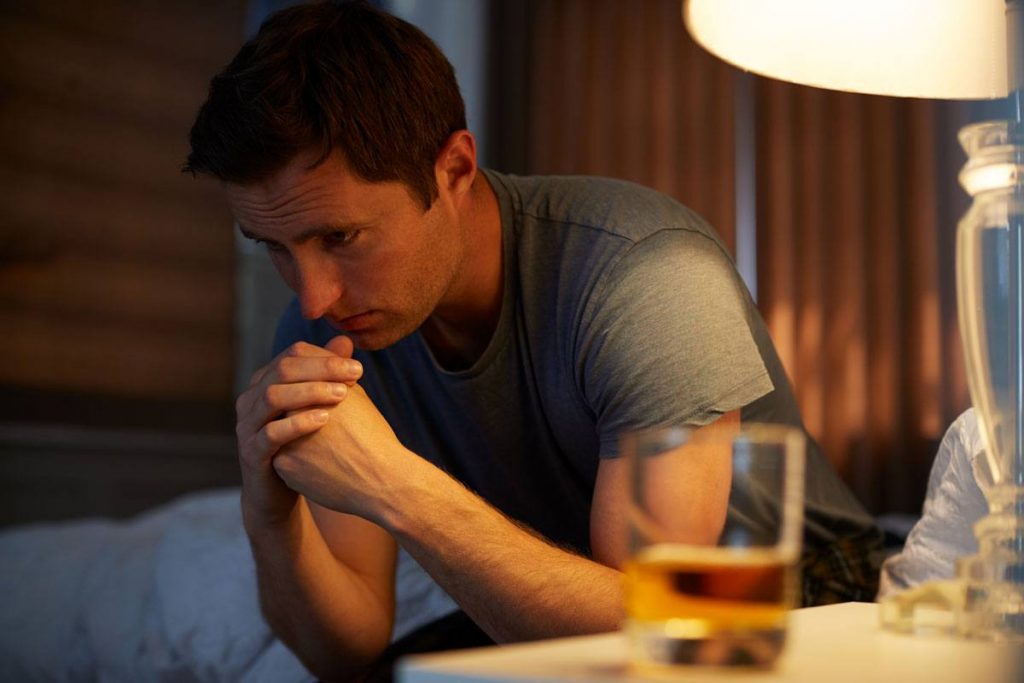Alcohol is a depressant and it affects the brain in several ways. One of these ways is by interfering with anxiety levels. In many cases, people drink alcohol to reduce anxiety levels and to have a good time. However, drinking alcohol in excess can aggravate anxiety levels and lead to other problems. Read this article to know the relationship between alcohol and anxiety and how these affect each other.
Contents
What is Alcohol?
Alcohol is a depressant consumed in various forms, including beer, wine, and liquor. It affects the central nervous system and can cause several physical and psychological effects.
The relationship between alcohol and anxiety is complex. While excessive drinking can lead to anxiety symptoms (such as panic attacks and obsessive thoughts), it is not clear whether alcohol itself is the cause of these symptoms or if they are simply related.
Taking alcohol may have benefits for people with anxiety, but it is not clear whether alcohol is the cause or the effect of anxiety. In general, alcohol can have positive effects on social and emotional functioning, as well as mood. However, it can also increase feelings of anxiety and depression. It is important to note that alcohol use can also lead to other problems, such as addiction and violence.
How Does Alcohol Affect The Brain?
 Alcohol consumption has been shown to hurt brain function. This is because alcohol consumption disrupts neurotransmission, leading to changes in neural activity. One of the most common effects of alcohol consumption on the brain is an increase in anxiety levels.
Alcohol consumption has been shown to hurt brain function. This is because alcohol consumption disrupts neurotransmission, leading to changes in neural activity. One of the most common effects of alcohol consumption on the brain is an increase in anxiety levels.
The impacts of alcohol can on brains like men and women differently. Women tend to experience more cognitive impairments than men after drinking alcohol, such as a decrease in memory and problem-solving skills. Alcohol use has also been linked to an increased risk of developing dementia and other forms of brain disease.
Also, there are several other physical and mental health consequences that can result from alcohol consumption, such as liver damage, cravings for alcohol, and social problems. It is important to remember that alcohol consumption can have negative impacts on both men and women, young and old, and affluent and disadvantaged.
The Effect of Alcohol on Anxiety
Alcohol is considered a depressant, meaning that it can hurt people’s moods and emotions. Alcohol also affects the brain and nervous system, which can lead to anxiety disorders. Studies have found that people who drink alcohol are at a greater risk for developing anxiety disorders, including social anxiety disorder (SAD), generalized anxiety disorder (GAD), panic disorder, obsessive-compulsive disorder (OCD), and post-traumatic stress disorder (PTSD).
There is a relationship between alcohol and anxiety, but it is not always clear how alcohol affects anxiety. Some experts believe that alcohol can increase levels of stress hormones in the body, which can lead to increased feelings of anxiety. Additionally, alcohol may interfere with the way the brain processes information, which can lead to increased feelings of anxiety. It is also possible that drinking may disrupt social interactions and trigger symptoms of anxiety in people who are already predisposed to experiencing these symptoms.
Some of these negative impacts can be short-term, while others can be long-term. Long-term effects of alcohol on anxiety include increased anxiety, depression, and suicidality. Additionally, alcohol use is associated with an increased risk of developing addictions to other substances, such as opioids or other addictive drugs.
The Relationship Between Alcohol and Anxiety
 Anxiety is a mental disorder that affects millions of people in the United States. It’s characterized by feelings of worry, tension, and fear. Alcohol is one of the most common substances that people use to try to manage their anxiety. But does alcohol help anxiety? And if so, why?
Anxiety is a mental disorder that affects millions of people in the United States. It’s characterized by feelings of worry, tension, and fear. Alcohol is one of the most common substances that people use to try to manage their anxiety. But does alcohol help anxiety? And if so, why?
Some research suggests alcohol may help to reduce anxiety symptoms. Studies have shown that people who drink alcohol tend to have lower levels of anxiety. This is likely because alcohol can improve mood and relieve stress. And, as we know, people with lower levels of anxiety tend to have better mental health overall.
However, some studies show the opposite effect –alcohol can lead to increased anxiety levels. This is because alcohol can increase feelings of intoxication and disrupt normal brain function. In addition, drinking too much alcohol can increase feelings of loneliness and social isolation. These factors can lead to an increased level of anxiety in individuals who already have high levels of anxiety.
So, it’s clear that alcohol and anxiety have a relationship – but what’s the best way to use it? For most people, moderation is key. Drinking in moderation – one or two drinks per day – is likely to have a positive impact on mental health. But abstaining from alcohol altogether is also an option. If you’re struggling with anxiety, talk to your doctor about the best way to manage it.
Conclusion
There is a well-known relationship between alcohol and anxiety: people who consume large amounts of alcohol are more likely to experience anxiety. However, this does not mean that all drinkers are anxious or that all people with anxiety drink heavily. Alcohol can be helpful for some people with Anxiety Disorder, especially in the short term. Additionally, there are many ways to enjoy alcohol without experiencing anxiety symptoms. So while it’s certainly true that consuming alcohol increases your risk of developing Anxiety Disorder, it is also possible to have a healthy relationship with alcohol and still live an anxiety-free life.
Hope this article was of help to you! If you are suffering from mental health disorders, you may seek help from Therapy Mantra. We have a team of highly trained and experienced therapists who can provide you with the tools and skills necessary for overcoming mental health disorders. Contact us today to schedule an online therapy or download our free Android or iOS app for more information.


